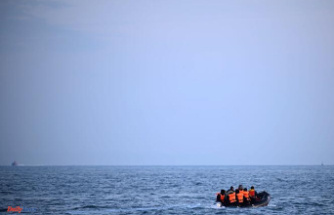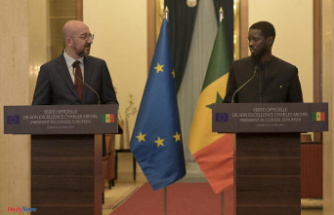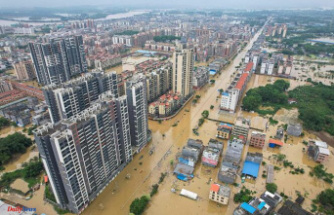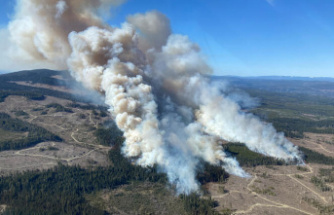Although the concept of circular economy is not new, in recent years the global context has made it be imposed as a response to many of the current crises. It appears as an alternative to the dominant economic model - the called linear economy - which contributes to the depletion of resources and the degradation of the environment. In contrast, the circular economy advocates the recovery of materials through the strategy of the three R: reuse, recycling and reduction.
The VIII Edition of the Environmental Journalism Day, organized by the Editorial Unity School (ESUE) and sponsored by Inditex, approached Wednesday, from the hand of experts in circular economy and journalists, the challenges faced by that model, especially in a At which time the society tries to recover from the health crisis by the Covid-19 pandemic at the same time as Lidia with the current climate emergency.
Thus, Diego Isabel the currency, director and co-founder of the NGO NESI (new economy and social innovation), defended the need to restore the relationship between economics and the environment, two disciplines that share a lot, including the same etymological root. "Economy is the management of the house, ecology is the study of the house; something can not be managed that is not known and that connection between both is broken".
Diego Isabel The coin also influenced the need for a paradigm shift. A more oriented reality towards the needs of each consumer and less voracious in resources. "Because the best consumption is the one that is not done," he added.
In the same line, Daniel Serón, director and founder of the Sustainability Sustainability, stressed "the importance of announcing the advantages of the new company model and transmitting that climate change is not the only impact, we also live an exhaustion of resources ".
The communication between society and companies was one of the master lines that the day guided, in which the creation of an expert degree in circular economy and sustainable development between the Ceu San Pablo University and ESUE was announced, and for which it has been Open the admission process.
Studies for this expert degree in circular economy will begin in February and train to design, apply and evaluate models and tools of circular economy and sustainable development in any organization. In this sense, Carlos Piñeyroa, director of talks and open innovation of the Basque Group Init, dedicated to technological innovation and one of the professors who will teach this title, stressed the need to "talk with society, inspire and inspire others; there is that be permeable to society because companies are living organisms. "
Piñeyroa also reflected on the role of the Start-UPS in the development of the circular economy. "In the field of START-UPS, its DNA code makes it incorporate naturally, in large corporations we are seeing a change of narrative that goes little by little."
The journalist specialized in Environment Laura Martínez, Chief of Society and Culture of Europe Press, analyzed this evolution on sustainability issues in the corporate world. "The initiatives in recent years are going beyond traditional actions, now we see actions that involve communities and see sustainability criteria that begin to be linked to the variable remuneration of managers."
Joan Melià, researcher at Oberta Universidad de Catalunya (UOC) and member of the Wireless Networks Group (Wine) on the Internet Interdisciplinary Institute (IN3), which spoke of radiofrequency identification technology that is developing for the follow-up of products in the textile sector to facilitate reuse.
The person in charge of the Action Group of Circular Economy of Forés, Elena Ruiz, claimed, on the other hand, the role of research in the development of the circular economy and pointed out the need for a new narrative. "I need to reach society, perhaps because in the circular economy we are not talking about global objectives, as it happens with the climate, where there are some objectives to maintain global warming below 1.5 ° or 2 °, but in the Circular economy is missing that generalized framework that allows us to advance. "
The day, moderated by Teresa Guerrero, responsible for the Science Section of the World, was held only two weeks after the end of the UN Climate Summit (COP26) and served to take stock of what was experienced in Glasgow. "The final feeling is that it could have been worse, but I needed to have been better," summarized Carlos Fresneda, correspondent from the world in London, who has just returned from Scotland. Despite the progress in certain subjects (agreements against deforestation or by the abandonment of methane), the environmental correspondent evoked "a certain resignation, we are very slowly and the general feeling is that there is no sufficient awareness of the urgency."
For its part, the Specialized Journalist of Rne Luisa Pérez Martínez pointed out the particular context in which the Summit has been developed. "We are still under the influence of Trump's unilateralism, which took the US of the Paris Agreement; the world continues to dragging that break." Pérez Martínez also analyzed the convergence between climatic threat and economic recovery on the current scenario. "The health crisis, added to the energy crisis, to that of raw materials ... are things that influence braking the action of politicians, lack courage and courage."
Date Of Update: 25 November 2021, 19:18











